A rose Q.
greenthumbs2
7 years ago
Featured Answer
Sort by:Oldest
Comments (33)
smithdale1z8pnw
7 years agoRelated Discussions
Q About Earthkind Rose I saw
Comments (4)Jeri, Oops, I didn't think about he Dr. Huey being virused. If I get a Dutchesse de Brabant, I'll get an own-root one. As far as the two BB's that I've already gotten, I can put them in an area where they can look pretty and if they're virused they'll go into the trash....See MoreAphids and LadyBugs?
Comments (10)I'm a big fan of using ladybugs for aphid control! I get mine from Amazon.com; they come in a mesh bag. Once you have them, pop them in the fridge for a while to get them sleepy. At sunset, take them out and spritz them lightly with a solution of 50/50 Coke and water. This will make their wings sticky, so they stay put until it wears off. Release them into your garden. In the morning, they'll wake up to an aphid feast and crawl all over eating them up. When there are no more, they'll fly away in search of other prey. It's also good if the garden is a bit damp, so they have water. A few may stick around to lay eggs, in which case you get more bang for your buck!...See Morelenton roseQ
Comments (1)They don't really need any mulch in zone 7, but if you do mulch, the pine bark is fine. Just keep it open so the soil fets a bit of air. Your plants should be putting on their new fall growth right about now, and they are quite vigorous in pushing out through even a heavy mulch layer. George...See MoreRoses "Q"
Comments (15)Redwolf--those iris were first planted about 30 years ago, so I'm not completely sure I remember the name, but it was advertised as a black iris but turned out to be the darkest purple iris in existence most of the time in my garden. I'm thinking maybe it was called "Superstition"??? Outstanding iris, at any rate. The dark color is very rich. Kate...See Morejacqueline9CA
7 years agopat_bamaz7
7 years agogreenthumbs2
7 years agoSheila z8a Rogue Valley OR
7 years agolast modified: 7 years agogreenthumbs2 thanked Sheila z8a Rogue Valley ORCori Ann - H0uzz violated my privacy
7 years agolast modified: 7 years agogreenthumbs2 thanked Cori Ann - H0uzz violated my privacyPatty W. zone 5a Illinois
7 years agolast modified: 7 years agokentucky_rose zone 6
7 years agolast modified: 7 years agogreenthumbs2
7 years agogreenthumbs2
7 years agogreenthumbs2
7 years agogreenthumbs2
7 years agoCori Ann - H0uzz violated my privacy
7 years agogreenthumbs2
7 years agogreenthumbs2
7 years agolast modified: 7 years agogreenthumbs2
7 years agogreenthumbs2
7 years agogreenthumbs2
7 years agolast modified: 7 years agogreenthumbs2
7 years agokublakan
7 years agokublakan
7 years agoSoFL Rose z10
7 years agosuncoastflowers
7 years agolast modified: 7 years agogreenthumbs2
7 years agolast modified: 7 years agogreenthumbs2
7 years ago
Related Stories
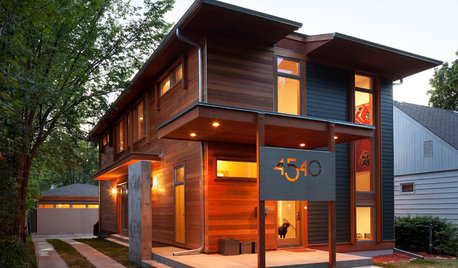
INSIDE HOUZZData Watch: Confidence in the Renovation Industry High but Softening
The Q2 2016 Houzz Renovation Barometer indicates builders and remodelers are feeling good about the industry, designers slightly less so
Full Story
GARDENING GUIDESNew Ways to Think About All That Mulch in the Garden
Before you go making a mountain out of a mulch hill, learn the facts about what your plants and soil really want
Full Story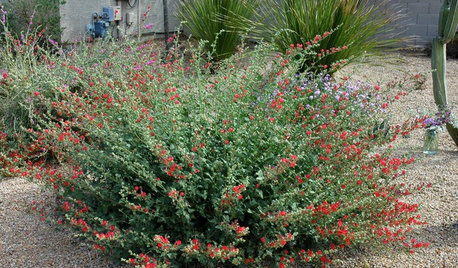
GARDENING GUIDESSouthwest Gardener's February Checklist
Orange you glad for a citrus-fertilizing reminder? And don't forget the recommended doses of vegetable seeds and cold-hardy flowers
Full Story
UPHOLSTERYSlipcover Magic: Casual, Washable and Fresh for the Season
Reinvent your sofas, chairs and ottomans with surprisingly chic and versatile slipcovers
Full Story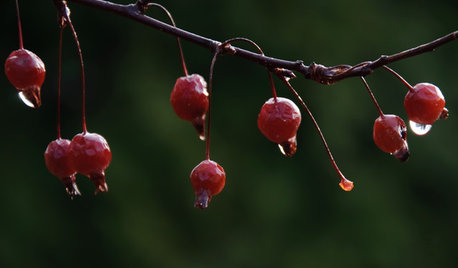
GARDENING FOR BIRDSFeed the Birds: 6 Plants for Abundant Winter Berries
Be kind to your fair feathered friends during lean food times by planting a shrub or tree loaded with nutritious snacks
Full Story
PETS50 Dog Photos Worth a Wag
Design hounds: Share in the pet love with Houzzers' snapshots of their beloved dogs at home, in the workshop and at play
Full Story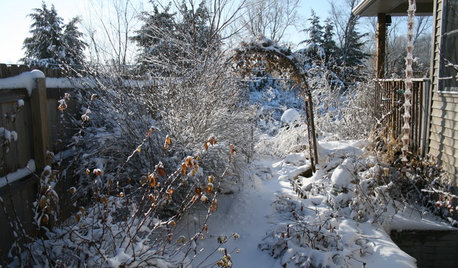
LIFE6 Ways to Beat the Winter Blahs
Snow and dark days dampening your spirits? These ideas will have you looking on the bright side
Full Story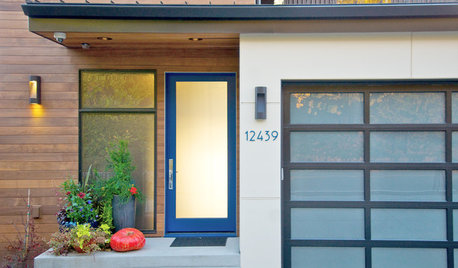
ENTRYWAYSGlass Doors That Welcome — and Protect Your Privacy Too
These front-door designs let in the light but keep your air-guitar performances safely in-house
Full Story
COLORBathed in Color: When to Use Red in the Bath
Rev up your space and flatter all skin tones with bold, beautiful red on bathroom walls, floors and fixtures
Full Story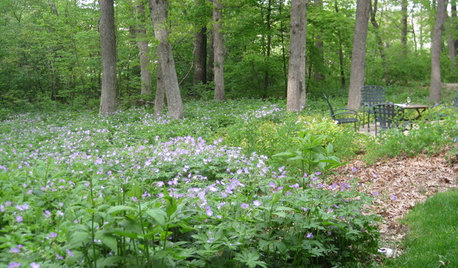
GARDENING GUIDESWe Bust 4 More Native Plant Myths
Have you been taken in by these fallacies about gardening with native plants?
Full Story


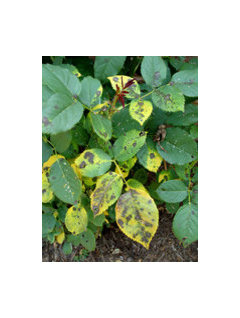


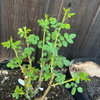
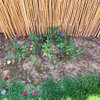
AquaEyes 7a NJ